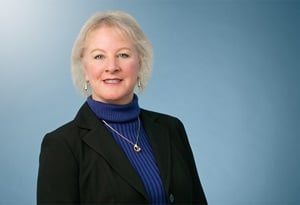Colorado Supreme Court Confirms Medical Marijuana Use Is Not Protected by Colorado's Lawful Activities Statute
On June 15, 2015, in a highly anticipated but not unexpected decision, the Colorado Supreme Court held that medical marijuana use, which is unlawful under federal law, is not a “lawful activity” under Colorado’s lawful activities statute. Therefore, employers may terminate employees who violate drug policies due to off-duty medical marijuana use without contravening Colorado’s lawful activities statute. Coats v. Dish Network, LLC, Case No. 15 CO 44 (June 15, 2015) (en banc)
Mr. Coats, a quadriplegic and licensed medical marijuana user, worked for Dish Network as a customer service representative. As part of a random drug test conducted by the company, Mr. Coats tested positive for THC in 2010. Dish Network terminated Mr. Coats’ employment because he violated the company drug policy despite the fact that Mr. Coats was a registered medical marijuana patient.
Mr. Coats filed a claim against Dish Network under Colorado’s lawful activities statute which generally prohibits employers from discharging employees who engage in lawful activities off the premises of the employer during non-working hours, subject to certain exceptions. Mr. Coats alleged that Dish Network terminated his employment because of his off-duty medical marijuana use which was lawful under Colorado law. Affirming the Court of Appeals’ opinion, the Supreme Court found that the term “lawful,” as it is used in the lawful activities statute, is not restricted in any way. Accordingly, medical marijuana use that is unlawful under federal law is not a “lawful activity” protected by the statute.
A copy of the full decision is available on the Colorado Supreme Court web page.
The material contained in this communication is informational, general in nature and does not constitute legal advice. The material contained in this communication should not be relied upon or used without consulting a lawyer to consider your specific circumstances. This communication was published on the date specified and may not include any changes in the topics, laws, rules or regulations covered. Receipt of this communication does not establish an attorney-client relationship. In some jurisdictions, this communication may be considered attorney advertising.


